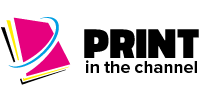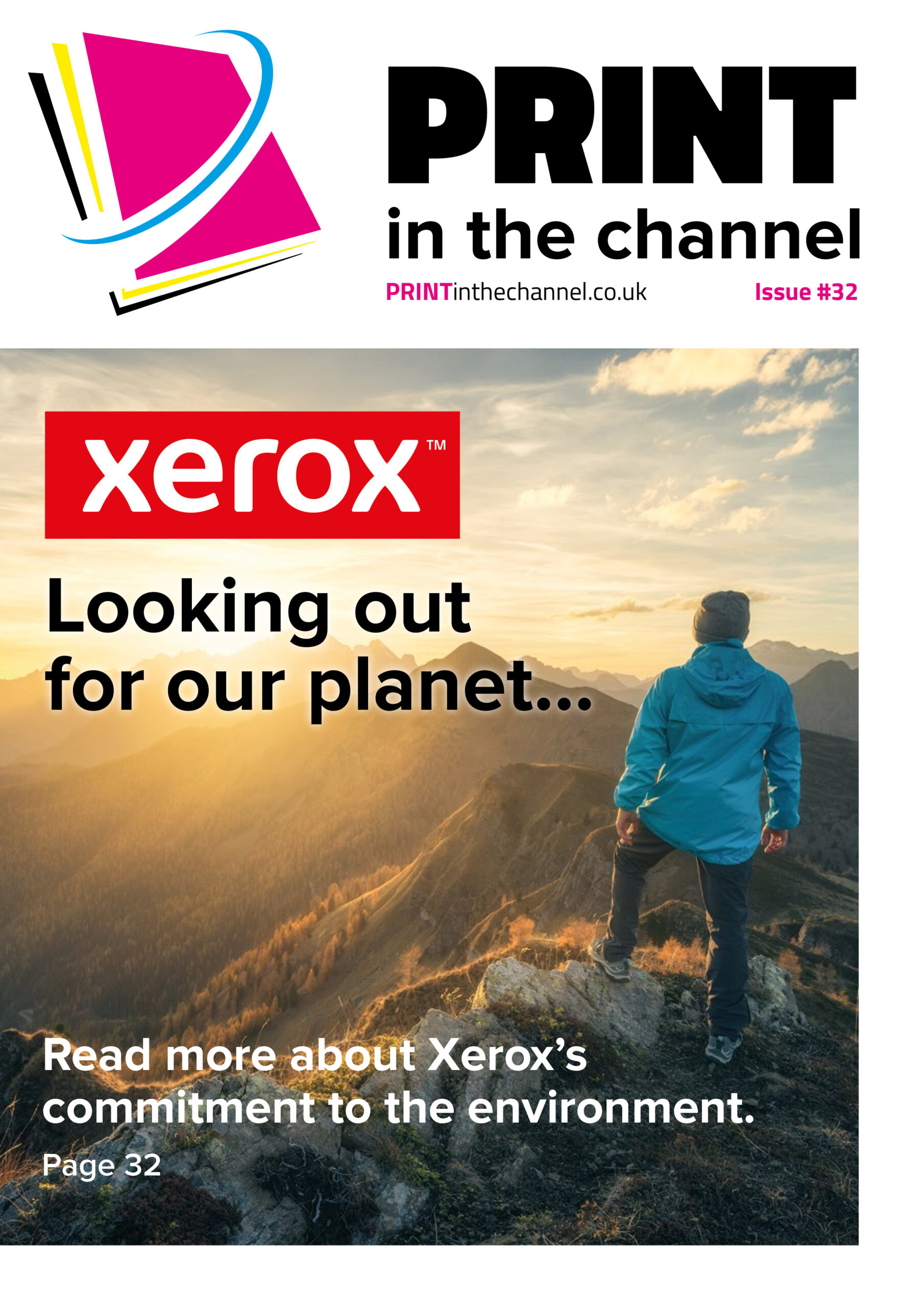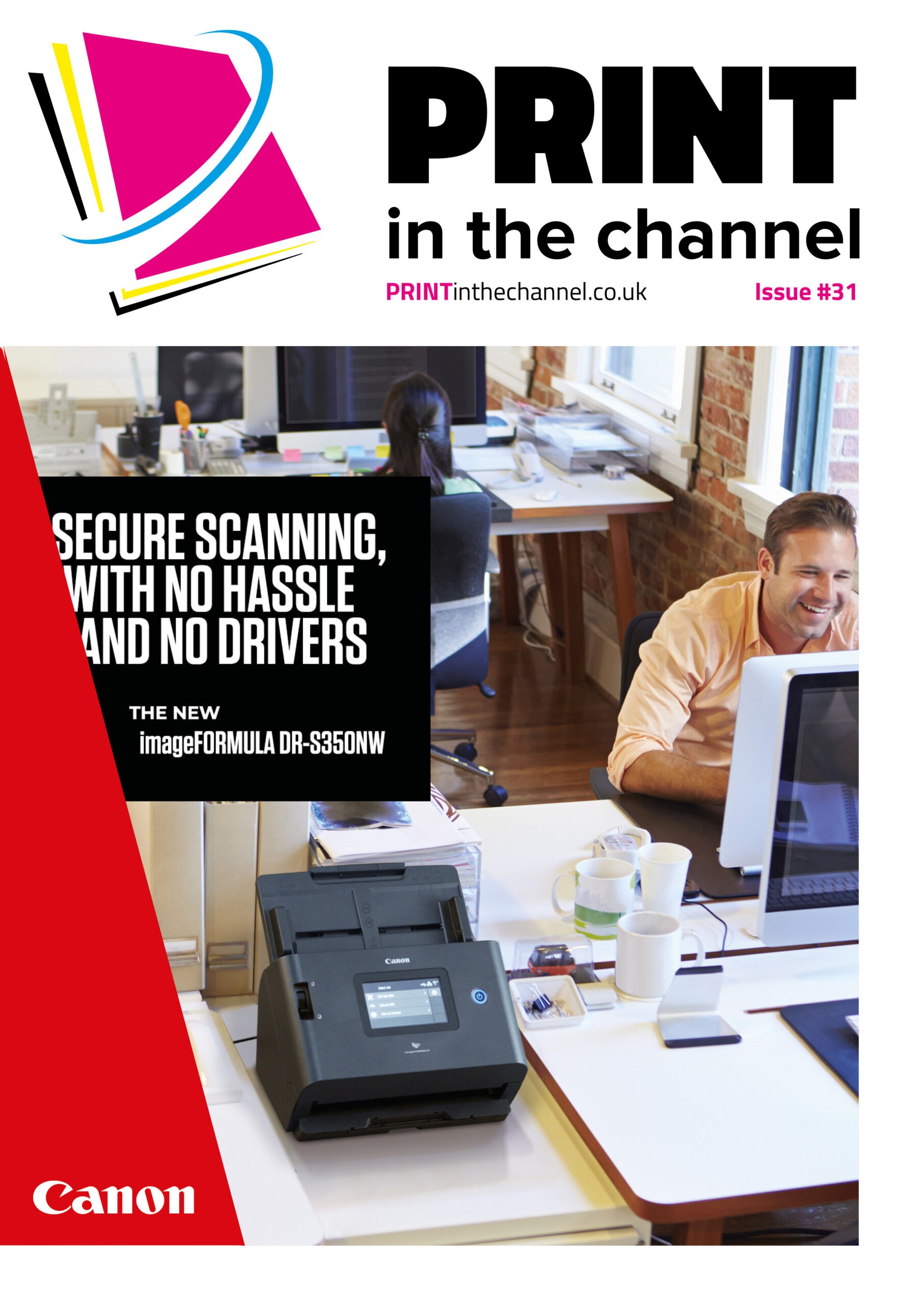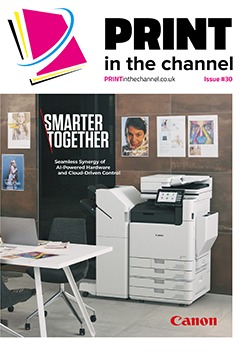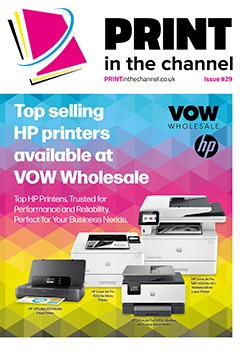Hybrid workers can now do everything at home that they could in the office – including handling sensitive documents. This means they must have the facilities to confidentially shred documents too, but this can be overlooked, especially by smaller businesses.
Hybrid working is a boon to many employees, but it does come with responsibilities too – especially when it comes to maintaining the security of the business they work for. While online security is a priority, disposing correctly of physical documents is still vitally important too.
People can forget that files sent on email and then printed at home need the same protection and destruction as they do in an office, says Martina Alexander, regional marketing director UK & Ireland and Derwent at ACCO Brands EMEA. “In September 2024, 41% of all crimes were fraud related with an estimated 23% of fraud reported in the UK not cyber related, according to the Crime Survey for England and Wales (National Crime Agency),” she says. “Still a real and dangerous threat easily removed by shredding anything that includes sensitive data.”
Annaliese Curtis, trade marketing manager – UK & Ireland at Fellowes, agrees that confidential shredding can be overlooked by hybrid workers. “But it shouldn’t be,” she says. “Hybrid workers still handle personal and company data, meaning GDPR compliance remains crucial, even outside the traditional office. Ignoring shredding at home increases the risk of data breaches and identity theft. Physical documents like invoices, account numbers, or client details can be just as sensitive as digital data and must be disposed of securely.”
Aaron Blom, business development manager at Intimus, notes that it is no longer just about shredding paper documents. “Secure disposal now extends to IT hardware and other peripherals,” he says. “Gone are the days when it was acceptable to toss documents into the recycling bin. We’ve all seen the news reports of confidential data found in bins or even discarded by the roadside. The key is to ensure that whatever you’re disposing of, whether physical or digital, is done securely and is inaccessible to anyone who might misuse it.
“Even labels and delivery notes on external parcels can pose a serious security risk, especially when they contain sensitive information such as names, addresses, account numbers or order details.
“While the contents of a parcel may now be safely inside a hybrid worker’s premises, the packaging itself can expose valuable data. In some cases, this information could make hybrid workers more vulnerable to targeted theft or social engineering, as it reveals what has been delivered and to whom.
“So even packaging materials must be disposed of carefully. Using shredders or secure disposal methods for delivery labels and documents is a simple but effective way to reduce risk.”
Shredding solutions
There are various confidential shredding solutions on the market tailored to hybrid workers. “For everyday personal information such as bills or bank statements, a cross-cut or mini-cut shredder is ideal,” says Annaliese. “For highly confidential material, such as client financials or internal reports, a micro-cut shredder provides higher security, turning documents into tiny particles that are virtually impossible to reconstruct. Compact models with quiet operation suit the home office environment well.”
Martina agrees that a cross-cut shredder, which will cut an A4 sheet into 400 pieces, is ideal. “Making a bin full incredibly difficult to put together and read,” she says. “For those working in any highly confidential industry where data leaks could cause fines and PR issues, we suggest a micro-cut machine. Micro-cut will cut an A4 sheet into 2,000 pieces. The micro-cut sector is growing year on year as people want that highest level of security and confidence (+13%, GFK EU3 Data 2023).”
Aaron says the ideal solution is a shredder that can be used daily at home. “These machines are designed to confidentially destroy personal and business documents, ensuring that sensitive information remains private and inaccessible to others,” he says.
“Shredders are available for both home and office environments, tailored to different usage levels. It’s essential to understand what needs to be destroyed – not just paper, but also electronic data. We offer machines capable of securely disposing of hard drives, phones and tablets, making them an ideal solution for securely managing hybrid work devices.”
Strong Demand
Demand for confidential shredding solutions remains strong as hybrid working becomes the norm, although distinct trends are emerging among customers. “Customers are seeking quiet operation, compact design and high security levels,” says Annaliese. “Many users now understand the importance of matching shredder type to the sensitivity of data they handle – a positive trend toward better data protection practices.”
Martina points to ACCO research that shows that there are three features in constant demand. “With 92% wanting anti-jam technology to avoid frustrating paper jam, 88% a quiet machine and 87% longer run times,” she says. “Latest trends have shown that size matters when looking for home office shredders. People don’t want bulky, unsightly machines in their living space.”
Aaron adds that key customer concerns currently often include convenience, noise levels and reliability. “Purchasing a low-end machine may seem cost-effective initially, but frequent use can quickly lead to performance issues, especially for those who shred regularly,” he says.
“Whether for an individual working from home or a multi-national organisation, we take the time to properly assess each customer’s specific needs. This ensures they invest in the most suitable machine – or machines – for their requirements, balancing performance, durability and ease of use.”
Reseller conversations
When talking about confidential shredding solutions to customers with hybrid workers, there are several topics resellers should highlight.
“A company’s data is paramount to its operations, and if it’s not securely disposed of, the consequences can be severe,” says Aaron. “The question becomes: who might get hold of it? Improper disposal of sensitive information can lead to data breaches, reputational damage, and legal issues.
“That’s why resellers play a crucial role in guiding customers toward the right shredding solution.”
Aaron says that to do this effectively, resellers should ask key questions:
• What is the volume of shredding? This impacts factors like run time, bin capacity, and motor strength
• What level of security is required? It’s important to know whether customers are shredding general documents, personal data, financial records, or highly confidential information – each demands a different cut level
• What materials are being shredded? Beyond paper – does the customer need to destroy hard drives, mobile phones or tablets?
“By asking the right questions, resellers ensure customers get a solution that truly protects their data and supports their working environment – whether at home, in the office, or both,” Aaron adds.
Annaliese adds that resellers should stress GDPR compliance, identity theft protection and the importance of choosing the right cut type. “Educating customers on the differences between cross-cut and micro-cut shredders ensures they select the appropriate tool for their data protection needs,” she says. “Emphasising ease of use, bin capacity, and noise levels can also support buying decisions.”
Martina adds that auto feed technology and the benefits it gives, for any shredder user anywhere, and the most premium experience should be highlighted. “Secondly, our Leitz OptiMax uses Bin Rotation Technology (BRT), which allows us to fit more into a bin because we disrupt the peak from forming, meaning less emptying of the bin, saving time,” she says.
“BRT also allows us to reduce shredder sizes as we can shred the same amount in a smaller bin. Finally, P5 micro cut is particularly important, the smaller the cut size the more secure the destruction of documents.”
Future demand
With hybrid working becoming embedded in the UK work landscape, it is expected that demand for confidential shredding solutions for hybrid workers will continue to be strong in the foreseeable future.
“Many users who purchased basic shredders early on may now seek higher security or performance, suggesting a refresh cycle is approaching,” notes Annaliese. “Fellowes is ready with advanced, home-friendly models to meet this evolving demand.”
Martina also believes that demand will be sustained. “With the digitisation trend people will need to shred all the papers they have collected over the years,” she says. “Hybrid working has changed the way we work with more of us spending our week between the kitchen table and the office meaning there is two locations where you need a shredder for data security.”
Aaron adds that businesses must now secure two separate environments: the home workspace and the main office.
“This dual setup means that compact, efficient shredders for home use and robust, high-capacity machines for the office are essential,” he says. “Without proper tools in each location, sensitive data can easily slip through the cracks – whether it’s a discarded document at home or bulk records in the office.
“Maintaining consistent security standards across all workspaces is no longer optional; it’s a critical part of protecting business integrity in the hybrid era.”
